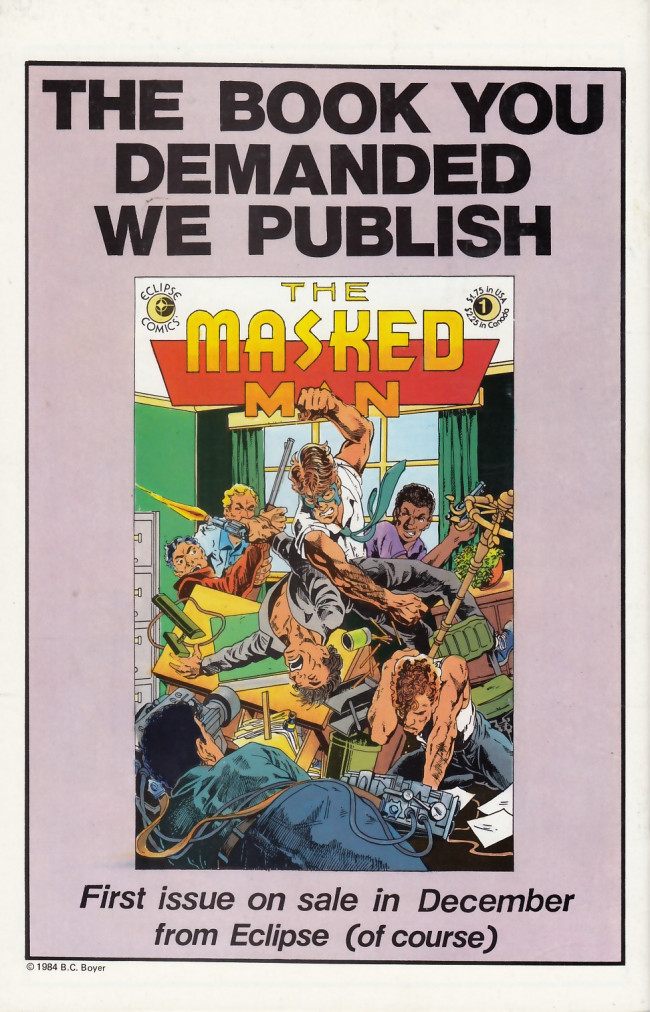

Then there are also the representatives of the police: the local, bumbling, Sergeant Wurrin, and the young, keen and intrepid Detective-Inspector Macauley of Scotland Yard.


In the first chapter we are introduced to Daniel Dyke, a young writer returning to visit Dullchester, and the memorable Paper Wizard, a man who makes his living cutting silhouettes (in Dullchester he evinces a predilection for " silly-wets" not of cathedrals, as one might expect, but of gallows). McCarbre (wealthy Cathedral benefactor)īoyce's Boy (errand boy to Mr. Minor Canon Dossal (great names, these two) Jane Jerome (the Dean's granddaughter, a businesswoman and provider of love interest) Smith (he did not matter in the Precincts, as he had " damned himself with the Cathedral folk by attending Chapel, hobnobbing with the defeated Labour Candidate, who was regarded as a Bolshevist, and by wearing a football trophy on his watch-chain") Norris (keeper of the Old Curiosity Shop-yes, there's one of those too-take note, John!)ĭr. In the brilliant second chapter of The Slype (a novel long for its day and its genre-about 125,000 words by my count), Thorndike lays out all the characters (people who "mattered" in the Precincts of Dullchester and one who did not): Rochester horizon, with the cathedral and castleĬomplementing an evocative setting are well-drawn characters. Naturally enough, readers of The Slype have been reminded of Charles Dickens' The Mystery of Edwin Drood (1870), which similarly details mysterious goings-on in a city based on Rochester. His father was a minor canon at Rochester's great cathedral and in the novel Dullchester Cathedral is the focus of events. The novel is set in "Dullchester," based on Rochester, Kent, where Thorndike was born. " Dickensian" is the adjective that reviewers have often applied to Russell Thorndike's The Slype. It is easy to see why. " Take any cynic who will not believe in ghosts and let him meditate alone in Dullchester Slype, and that foolish soul will wish he had not boasted." The Slype (1927), Russell Thorndike A space very frequent in Abbeys, intervening between the transept and the entrance to the chapter-house, often called by the expressive name of the Slype." New Oxford Dictionary


 0 kommentar(er)
0 kommentar(er)
